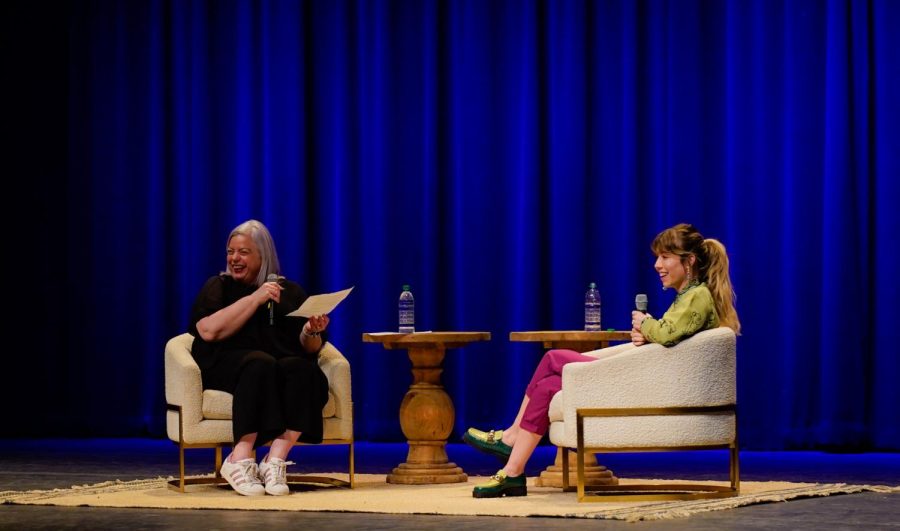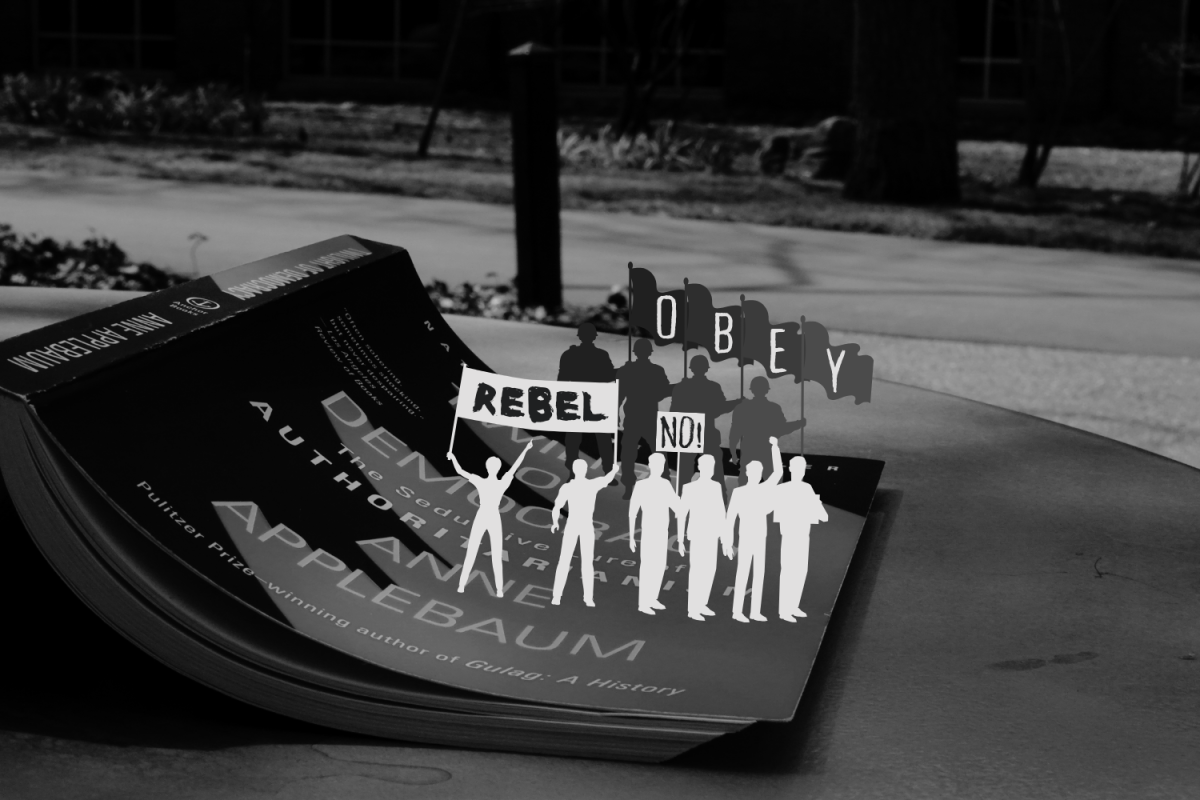“Who is welcome?” That is the question that Cinelle Barnes seeks to answer in “A Measure of Belonging: Twenty-One Writers of Color on the New American South.” Barnes is a memoirist, essayist and editor from Manila, Phillipines who lived her childhood as an undocumented immigrant in New York City before moving to Charleston, South Carolina.
“A Measure of Belonging” is a complex collection of 21 essays that Barnes compiled and edited, written about what it means to belong, or not belong, in the American South. Wrought with history and flattened by the many feet that have traveled into and out of the region, Barnes reaches for a more dynamic and real South, using a diverse chorus of voices to do so. Barnes mixes established contributors, like Kiese Laymon, with rising stars, like Jaswinder Bolina. She draws her readership in using big names and in turn gives a platform to lesser known writers. Barnes creates a space where people can engage in conversation instead of competition.
Barnes allows each author to share their whole truth. She doesn’t seek to tell different versions of the same story, but rather makes room for contradictions and complications. Aruni Kashyap chronicles his experience apartment-hunting in Athens, Georgia, where he must decide which is more important – finding a decent place to live, or telling the landlords the truth about his religion. Joy Priest writes about her struggle in feeling both affirmed and deeply troubled by the misogynistic lyrics of the Southern hip hop she grew up listening to. Latria Graham mourns the loss of her family’s history, washed away by nuisance flooding that her insurance company refuses to address. You can’t finish this book without expanding your capacity for empathy.
“A Measure of Belonging” contains a couple of stories dedicated to Nashville. Though every story in the collection is beautiful, one stands apart: Tiana Clark’s essay entitled “Treacherous Joy: An Epistle to the South.” Clark enchants her readers with visceral descriptions before sneaking in a pointed examination of the city’s history. I’m sure we’ve all seen the “golden whorls of pollen clouds” that Tiana Clark describes on our own university campus. When Clark laments about never being able to learn the names of all of the Tennessee trees, I couldn’t help but think of Vanderbilt’s favorite fun fact: our status as an arboretum.
Clark’s vivid anecdotes hooked me. Then she showed me another less whimsical side of this place. How much do you know about Nashville and the greater Tennessee area? If you’re a transplant like me, probably not much. I know it’s in the South. I know it’s known as Music City. I didn’t know about the nooses that someone left on Clark’s porch on the first night she moved to Nashville. I didn’t know about the gentrification in East and North Nashville that is actively pushing people out of their homes. Prompted by Clark’s essay, I decided to research the city further, and realized that I didn’t know that Nashville’s “Music City” reputation is due to the often overlooked Black artists who sang rhythm and blues in the bars and clubs downtown. We aren’t taught these things, and that is why we should all read Clark’s essay.
“A Measure of Belonging” pierces through the monolith of Southern nonfiction literature by defying the stereotypes about this region that are so often reinforced. With this editorial masterpiece, Barnes has shed light on the true South, in all its flaws and complications. The first step toward a better future is acknowledging the truth of the past and present, and storytelling is a beautiful medium for instigating that step. Near the end of her essay, Clark quotes Jean Toomer about returning to the South: “… I came to the South to face it. If I, the dream (not what is weak and afraid in me) could become the face of the South. How my lips would sing for it.” That is the future that this book helps build–one where everyone can see themselves as the face of the South.










